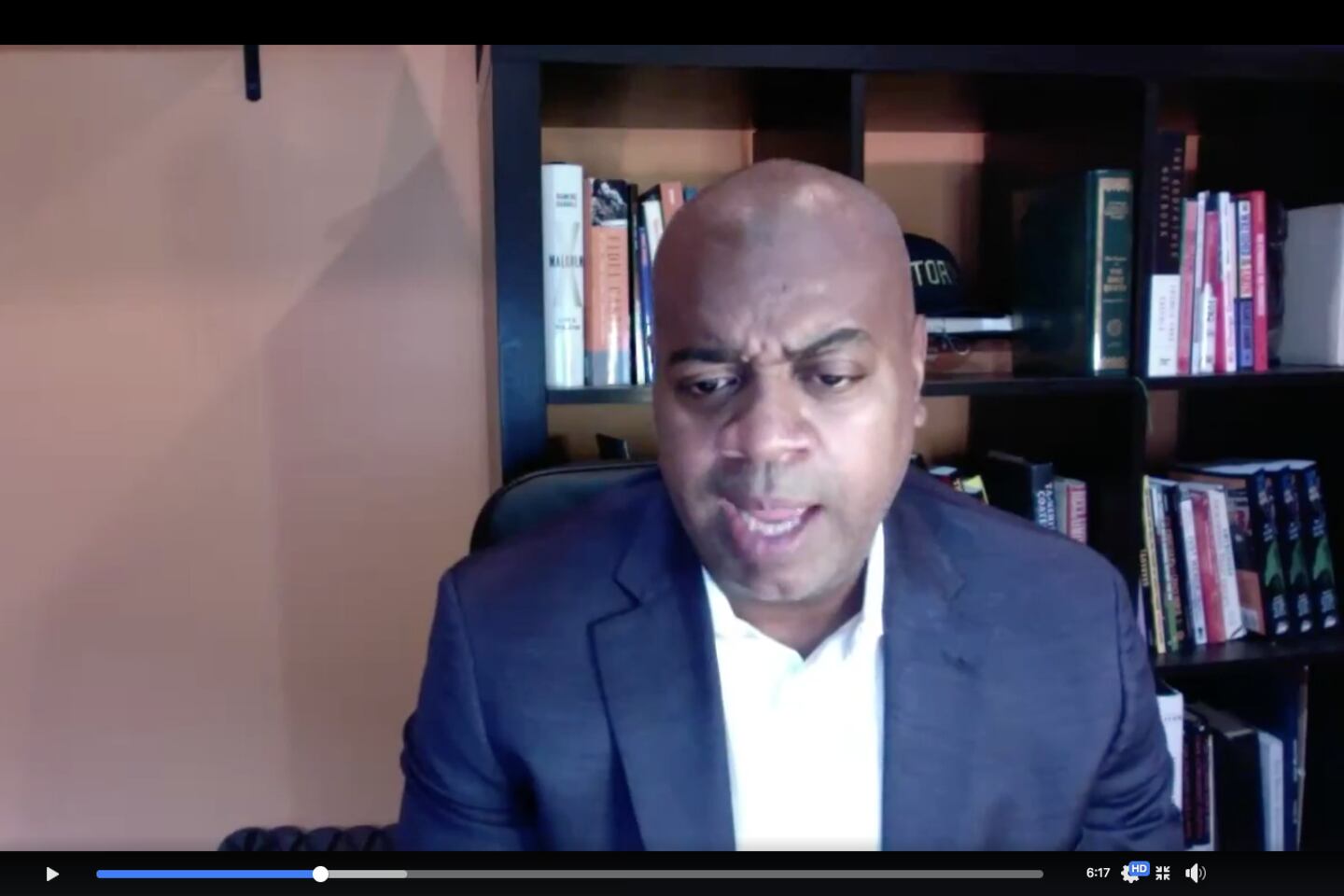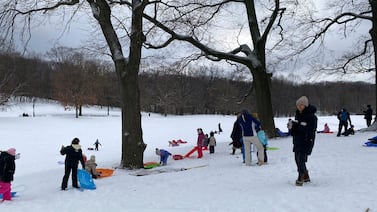Newark Mayor Ras Baraka hailed the district’s announcement Monday that all students will learn remotely this fall, saying the superintendent made a “tough decision,” but the right one, to keep classrooms closed.
But the mayor also acknowledged a hard truth: Many working parents had been counting on their children returning to school. The district’s abrupt decision to cancel in-person classes at least through November means many families will now have to find child care or potentially leave their jobs.
“I don’t want you to think that it was overwhelming that parents decided they should not send their kids to school because it was not,” Baraka said Monday during his daily online briefing. “Matter of fact, it was almost the opposite: Many, many parents wanted to send their kids to school.”
The district has not released the results of surveys asking families and teachers their preferences for the fall, but Baraka said “thousands and thousands of parents” had opted for in-person learning. A primary reason, the mayor suggested, is that “they probably didn’t have any other choice because they have to go to work.”
The district has not announced any plans to help provide child care for working families while students are learning remotely. But Baraka said he would make city buildings available for that purpose if necessary.
Superintendent Roger León made the decision Monday to start fully remote, a reversal from his previous plan to offer both daily in-person and virtual classes when school starts Sept. 8. The announcement followed pressure from Newark teachers to keep classrooms closed, and updated state guidance allowing districts to delay in-person learning if they could not meet certain reopening standards.
Baraka, who had previously advised parents against sending their children back to school while the coronavirus continued to spread in Newark, said that León made the right call.
“It was a tough decision but he made the right one to slow the process down,” Baraka said, adding that the move will give the district more time to plan for a physical reopening and to “perfect” virtual learning.
The district released a detailed reopening plan last month that included a number of safety measures for in-person learning based on state guidelines, including virus testing for teachers, mandatory face masks, and physical distancing inside classrooms. The district also did a trial run with two in-person summer school sites.
Baraka said he did not doubt the quality of the district’s plan or its ability to open schools safely. Rather, he is concerned about the continuing presence of the coronavirus, he said. While infections have declined substantially since their peak in April, the city still has seen 577 new coronavirus cases and 31 deaths since June 30.
“If the state is cautious about allowing people to eat inside of a restaurant, then we have to be cautious about allowing thousands of kids to go into a school building,” the mayor said, referring to New Jersey’s ongoing ban on indoor dining.
Baraka also noted that reopening school buildings might still be a long way off. If the district decides not to launch in-person classes in November, the mayor said, the next opportunity likely won’t come until January or February of next year.






